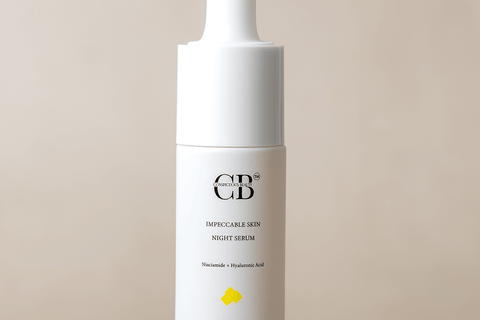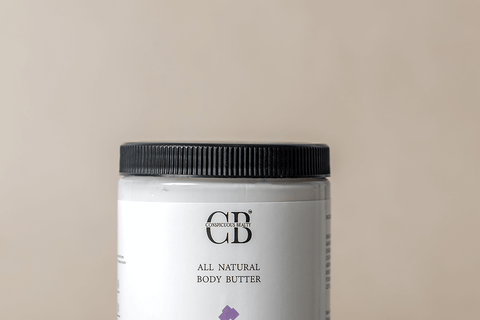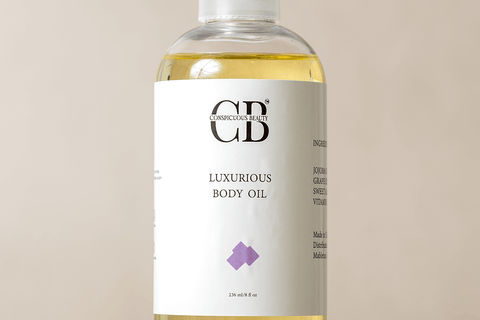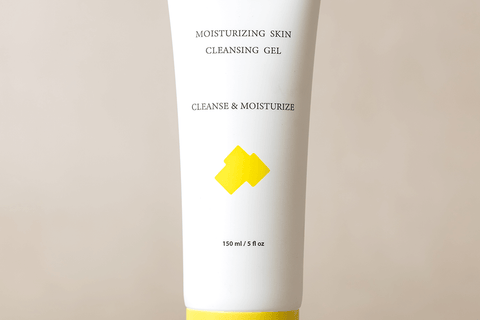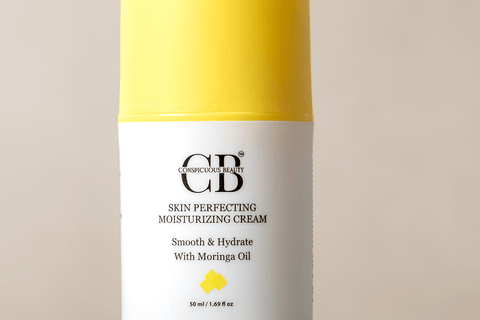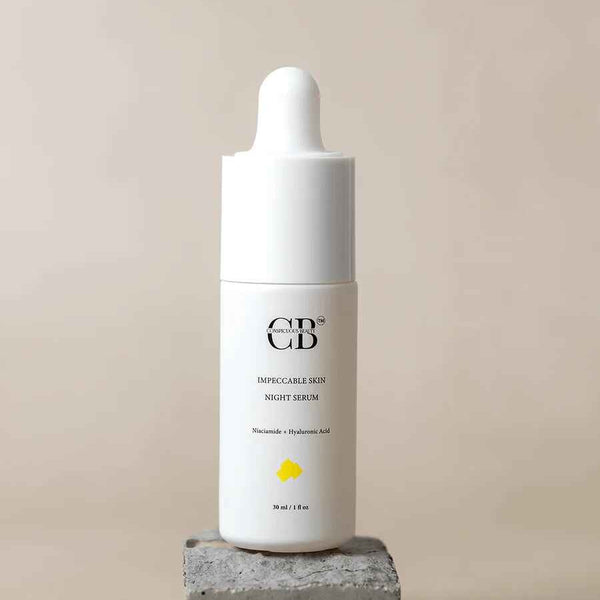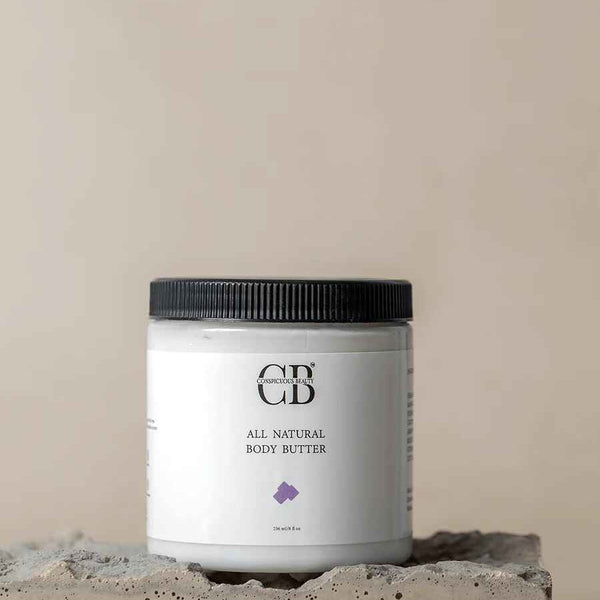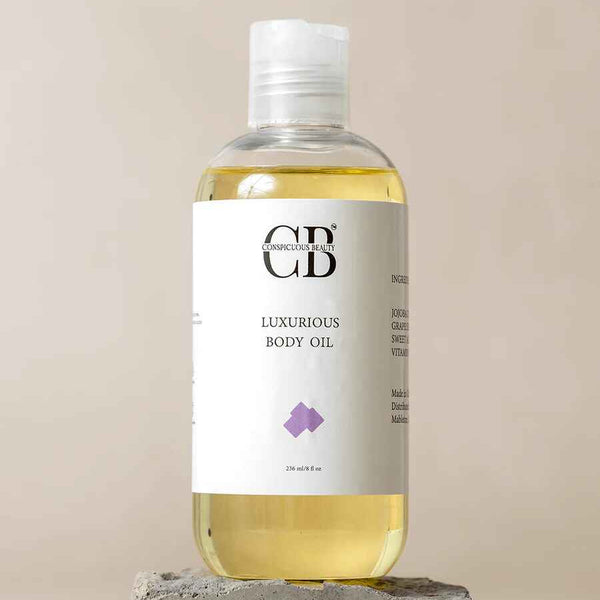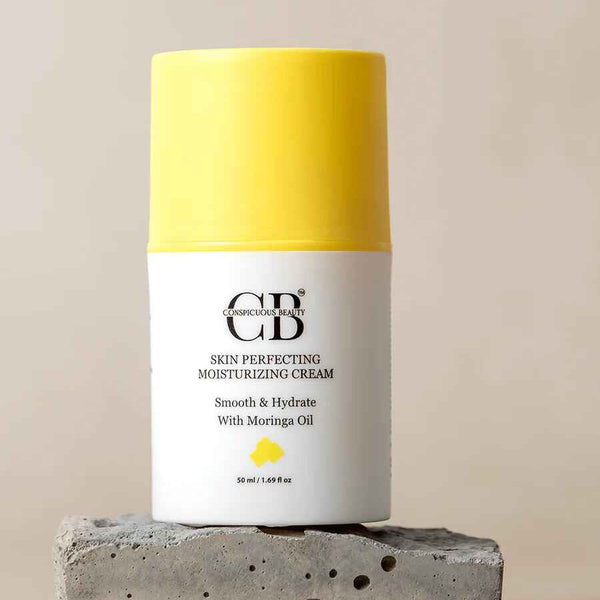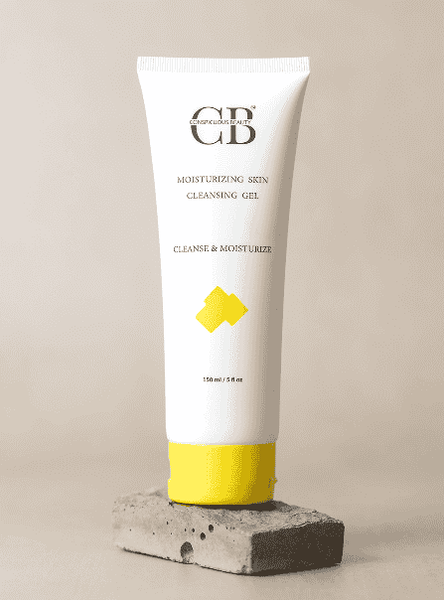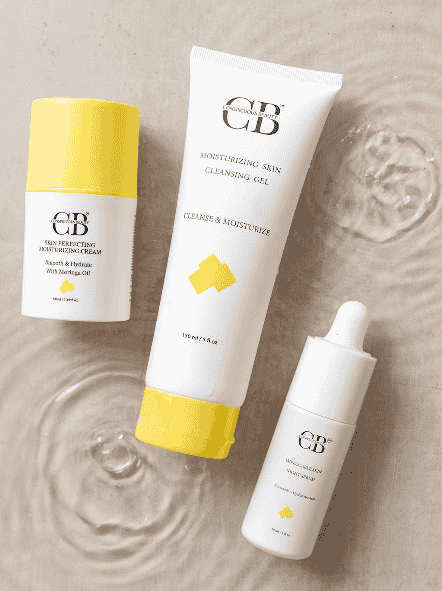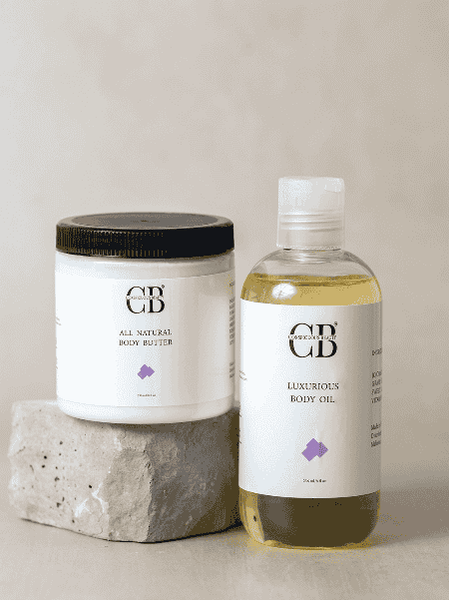Sensitive skin can be tricky to care for. Many people experience redness, itching, or irritation when using regular moisturizers. Body butter is often recommended because it provides deep hydration and nourishment, but not all body butters are suitable for sensitive skin. If you are wondering which body butter is safest for sensitive skin, this guide will help you make the right choice. We will cover ingredients, benefits, recommended products, and tips to keep your skin healthy and soft.
Body butter is a thick, creamy moisturizer made from natural oils and butters, such as shea butter, cocoa butter, and mango butter. Unlike regular lotions, body butter forms a protective layer on the skin, locking in moisture and preventing dryness. People with sensitive skin often prefer body butter because it is rich, soothing, and long-lasting.
The texture of body butter is heavier than lotion, which is why it works so well for dry or sensitive skin. It helps restore the natural barrier of the skin, making it less reactive to irritants from the environment.
Why Sensitive Skin Needs Special Care
Sensitive skin is more prone to reactions such as redness, itchiness, or inflammation. Even mild changes in skincare routines or exposure to harsh chemicals can trigger discomfort. This makes choosing the right moisturizer extremely important. Using the wrong product can worsen the skin’s condition rather than improving it.
Many people with sensitive skin struggle to find a moisturizer that hydrates effectively without causing reactions. This is where body butter comes in. But knowing which body butter is safest for sensitive skin is essential to avoid unnecessary irritation.
Key Ingredients in Safe Body Butters
The safest body butters for sensitive skin focus on natural and gentle ingredients. One of the most common is shea butter, which is rich in vitamins A and E. Shea butter is highly moisturizing and can soothe inflammation. Cocoa butter is another excellent ingredient that locks in moisture and improves skin elasticity, leaving your skin feeling soft and smooth.
Mango butter is lighter than shea or cocoa butter, making it suitable for sensitive skin that does not tolerate heavier creams. Aloe vera is also commonly included in safe body butters because it reduces redness and calms irritation. Gentle plant oils such as jojoba oil or sunflower oil can enhance hydration without causing reactions.
Vitamin E is an antioxidant that supports healing and helps reduce sensitivity. Together, these ingredients create a body butter that nourishes, protects, and soothes sensitive skin.
Ingredients to Avoid
Even natural body butters can contain added chemicals that are harmful for sensitive skin. Fragrances, both natural and synthetic, can trigger irritation. Other ingredients to avoid include sulfates, parabens, and high-alcohol content, which can dry the skin. Strong essential oils such as peppermint or eucalyptus may also cause reactions.
When trying to identify which body butter is safest for sensitive skin, always read the ingredient list carefully. Choose products that are fragrance-free, hypoallergenic, and have minimal additives. The cleaner the ingredient list, the lower the risk of irritation.
How to Choose the Safest Body Butter
Choosing the safest body butter requires careful attention to ingredients, texture, and user feedback. A body butter should be fragrance-free and hypoallergenic, formulated with gentle, natural butters. Always perform a patch test on a small area of skin to check for any reaction before applying it all over your body.
Reviews from people with sensitive skin can also be helpful. They often reveal whether a product truly delivers hydration without irritation. By focusing on natural ingredients and avoiding potential irritants, you can select a body butter that keeps your skin healthy and nourished.
How to Apply Body Butter Safely
Proper application is key to getting the best results from body butter. Applying it on damp skin after a shower helps lock in moisture and maximize hydration. Massage gently using smooth, even strokes instead of rubbing aggressively. Avoid applying body butter on broken or inflamed skin, as this can worsen irritation.
Using body butter once or twice daily is typically sufficient. Overusing it does not improve results and can sometimes lead to a greasy feeling, which sensitive skin may not tolerate well. Regular, moderate use helps maintain soft, hydrated, and comfortable skin.
Benefits of Body Butter for Sensitive Skin
Body butter offers several benefits for sensitive skin. It provides deep hydration, keeping the skin soft for hours. By forming a protective barrier, it helps shield skin from environmental stressors such as wind, sun, or pollution. Ingredients like shea butter, cocoa butter, and aloe vera calm inflammation, reduce redness, and improve the skin’s natural resilience.
With consistent use, body butter can improve overall skin texture. Sensitive skin becomes smoother, less prone to dryness, and more comfortable. It is a gentle and effective way to maintain skin health without relying on harsh chemical moisturizers.
Common Myths About Body Butter and Sensitive Skin
There are several misconceptions about body butter. One myth is that all natural body butters are automatically safe. While natural ingredients are gentler than chemicals, they can still cause reactions, so patch testing is important. Another myth is that sensitive skin doesn’t need heavy moisturizers. In reality, body butter can provide the deep hydration sensitive skin often requires.
Some people also believe fragrance-free products are completely risk-free. While they are safer, some preservatives and additives may still cause irritation. Reading labels carefully and selecting products specifically formulated for sensitive skin is essential.
Tips for Maintaining Healthy Sensitive Skin
Besides using the right body butter, maintaining healthy skin involves other habits. Drinking plenty of water keeps your skin hydrated from the inside. Avoiding hot showers prevents the natural oils from being stripped away. Using gentle cleansers instead of harsh soaps reduces irritation. Protecting your skin from the sun is also important, as sensitive skin burns more easily.
Consistent use of safe body butter, combined with these habits, keeps your skin soft, nourished, and irritation-free.
Conclusion
If you’re wondering which body butter is safest for sensitive skin, the answer lies in choosing products with natural butters such as shea, cocoa, and mango, avoiding fragrances, parabens, and harsh chemicals. SheaMoisture Raw Shea Butter, The Body Shop Almond Milk & Honey Body Butter, Aveeno Skin Relief Moisture Repair Cream, Palmer’s Cocoa Butter Formula, and L’Occitane Shea Butter Ultra Rich Body Cream are some of the safest and most effective options.
Always perform a patch test, apply body butter on damp skin, and use it consistently for the best results. With the right body butter, sensitive skin can remain hydrated, calm, and healthy.
FAQs
1. Can body butter cause breakouts on sensitive skin?
Yes, if it contains heavy oils or irritants. Choosing non-comedogenic formulas reduces the risk.
2. How often should body butter be applied?
Once or twice daily is sufficient for most sensitive skin types.
3. Is shea butter safe for all sensitive skin types?
Shea butter is generally safe, but always patch test first.
4. Can scented body butter be used on sensitive skin?
It’s better to avoid scented products, as fragrances can trigger irritation.
5. How long does it take to see results from using body butter?
With regular use, most people notice softer, hydrated skin within 1–2 weeks.
